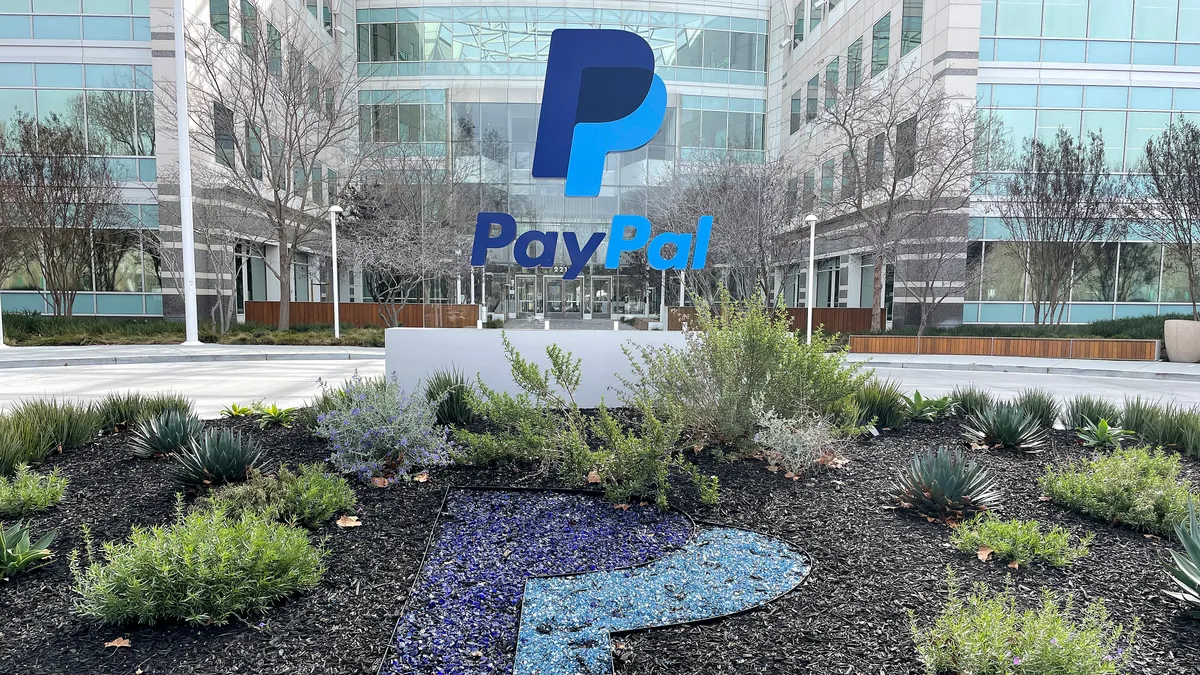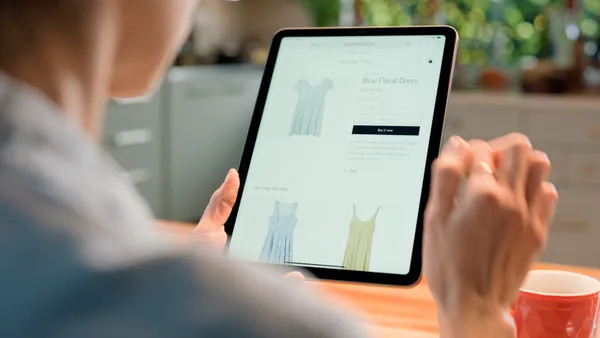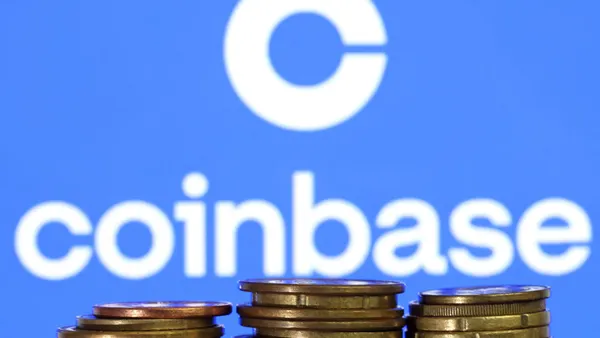PayPal’s new CEO, Alex Chriss, spelled out his priorities for making the digital payments company into a more profitable growth enterprise during a call with analysts on Wednesday, just weeks after taking the top post.
Chriss said he’s walking in with “eyes wide open,” during his first public remarks for the company’s third-quarter earnings report Wednesday afternoon. “There are clearly challenges to tackle.”
The new leader, who took over from long-time ex-CEO Dan Schulman in September, explained that he will redirect the company toward more profitable growth by streamlining the business and tightening cost controls.
“Simply put, our cost base remains too high, and it's actually slowing us down,” Chriss told the analysts. “As such, I'm in the process of evaluating our most profitable growth priorities and aligning our resources to those priorities. We will become leaner, more efficient, and more effective driving greater velocity, innovation and impact for customers.”
The San Jose, California-based company, which caters to consumer and merchant customers online and in-store, has struggled in recent years to enable its well-known brand to deliver bigger profits. PayPal has about 428 million active users, including about 35 million merchant accounts, with annual payment flows of about $1.5 trillion, according to the investment firm William Blair, which follows the company for its investment clients.
Appointing new CFO
Guiding PayPal in its new approach to expense management under Chriss will be a new chief financial officer, Jamie Miller, who the company appointed CFO Wednesday, effective Nov. 6. Most recently, Miller held the global CFO post at the accounting and consulting firm EY. Previously, she was CFO of the large agricultural company Cargill, between June 2021 and January 2023, and at the conglomerate General Electric, between October 2017 and February 2020, according to a release.
Miller will replace Gabrielle Rabinovitch, who has filled in on an acting basis in the past two years when other PayPal CFOs, including Blake Jorgensen and John Rainey, exited the company.
PayPal’s third-quarter net income slipped 23% to $1.02 billion, compared to the same period last year, as revenue increased 8.3% to $7.4 billion, according to the PayPal’s earnings release. The company’s fourth-quarter performance so far has been somewhat below the company’s projections, Rabinovitch noted.
“September-quarter results were modestly above expectations, while December-quarter guidance was modestly below expectations,” analysts at William Blair said in a Wednesday report on the results.
PayPal sold its Happy Returns business to UPS for $455 million in cash, Rabinovitch said, providing a price tag for the first time on a sale that the shipping company buyer announced Oct. 25. She added that the price was “meaningfully higher” than what PayPal paid when it acquired the business just two years ago.
The new CEO said technology consolidation, including integrating disparate acquisitions over the years, as well as increased automation across the company, will be key moves in revamping operations. When asked about potential additional divestitures, Chriss didn’t rule them out.
“We believe there are other such opportunities,” the William Blair note to its clients said.
Focusing on priorities
“Our innovation activity has accelerated, but we still have work to do on maximizing our impact for our customers and results,” Chriss said during the call to discuss the third-quarter results. “Competition and complexity have increased and the company's focus has not been clear.”
In recent years, the company struggled to meet goals for increasing the number of PayPal account holders and shifted its focus from objectives based on net new accounts to those tied to engaging existing customers. Its strategic focus also zig-zagged, with Schulman stressing the importance of developing a “super app” and QR code features in 2021, but emphasizing the company’s improvement of the checkout experience last year and the development of a stablecoin this year.
The top item on the new CEO’s to-do list is to remake the checkout experience, he said. “We have refocused our consumer product and go-to market team to relaunch a brand new, end-to-end consumer experience with checkout at the center that will bring value to consumers with every single purchase,” Chriss said.
The next priority for Chriss is completing the work that Schulman began in creating a better approach to small and mid-sized business customers, the new CEO said. That new service, called PayPal Complete Payments, is an effort designed to boost the company’s average profit margin by capturing higher margins in that arena. It’s a bid to better balance the lower margins the company derives from its unbranded Braintree offering directed at larger corporate customers.
“We must get PayPal Complete Payments to scale globally,” said Chriss, who noted that he has asked managers to drive this rollout forward in the “next couple of quarters.” “Once we accomplish this, we will have earned the right to expand additional offerings to small businesses,” said Chriss, who formerly led software company Intuit’s small business and self-employed group strategy.
Across the company’s offerings, Chriss said he sees more opportunities to tap the customer data that PayPal has collected to offer more personalized services.
Selling more services to Braintree customers
As far as the larger companies courted by Braintree, Chriss aims to sell them more services too. “We now have a beachhead to build upon,” he said of the Braintree business. “We will address additional customer needs such as payouts, fraud management, chargeback automation” and foreign currency exchange, he said.
“We believe long-term opportunities remain substantial as the company has evolved from a traditional checkout button to a robust platform of end-to-end solutions for consumers and merchants,” the William Blair note said. “While early, the company appears keenly focused on leveraging its vast amount of data to improve operational efficiency and we are encouraged by management’s narrowed focus on profitable growth.”
While Chriss complimented PayPal’s employees, he also noted that he would be adding new talent to accomplish his goals. In the meantime, he said he’s gathering a better understanding of the company to share a more detailed strategy with analysts in February, on the next earnings call.













